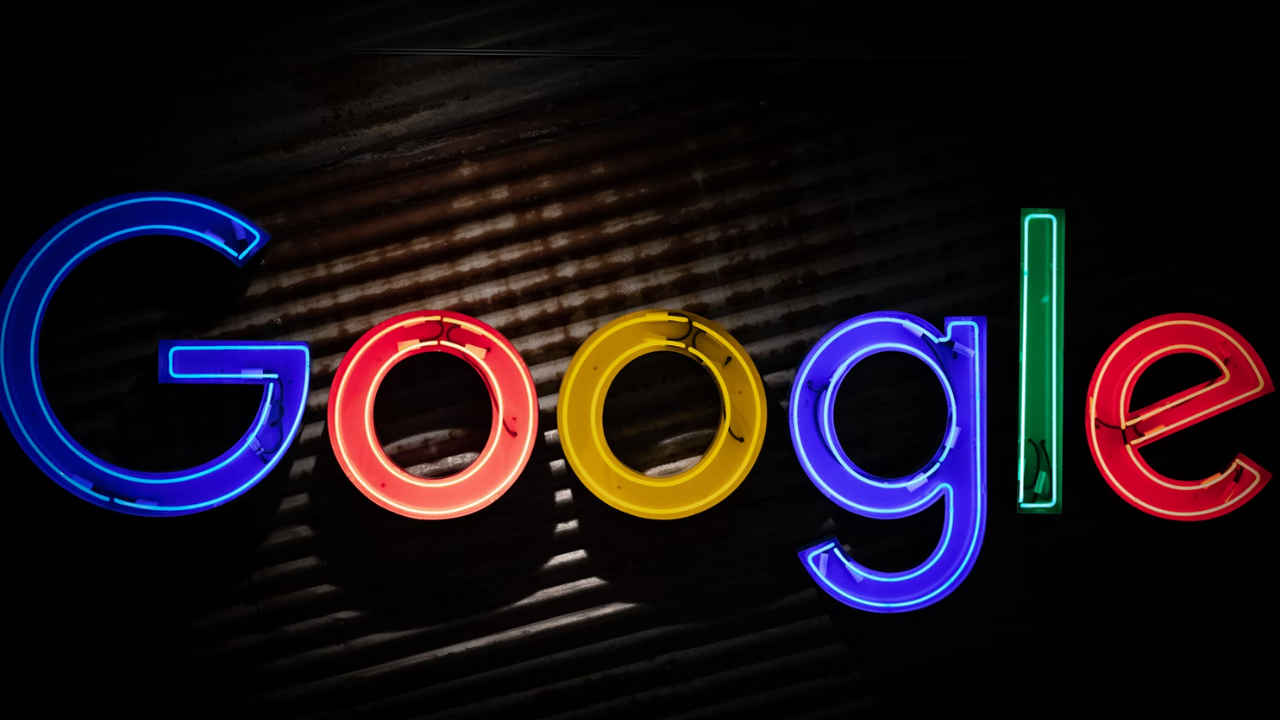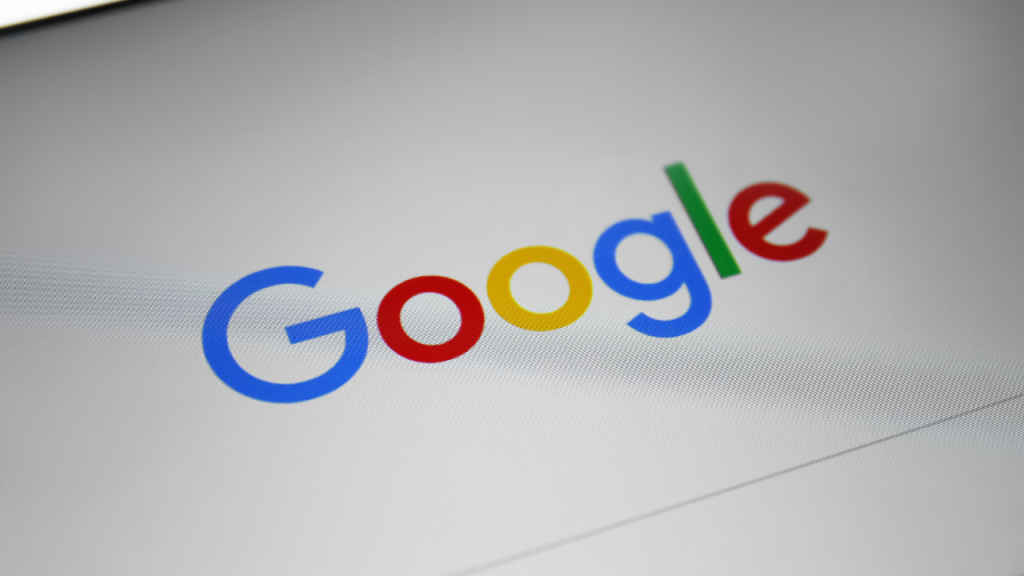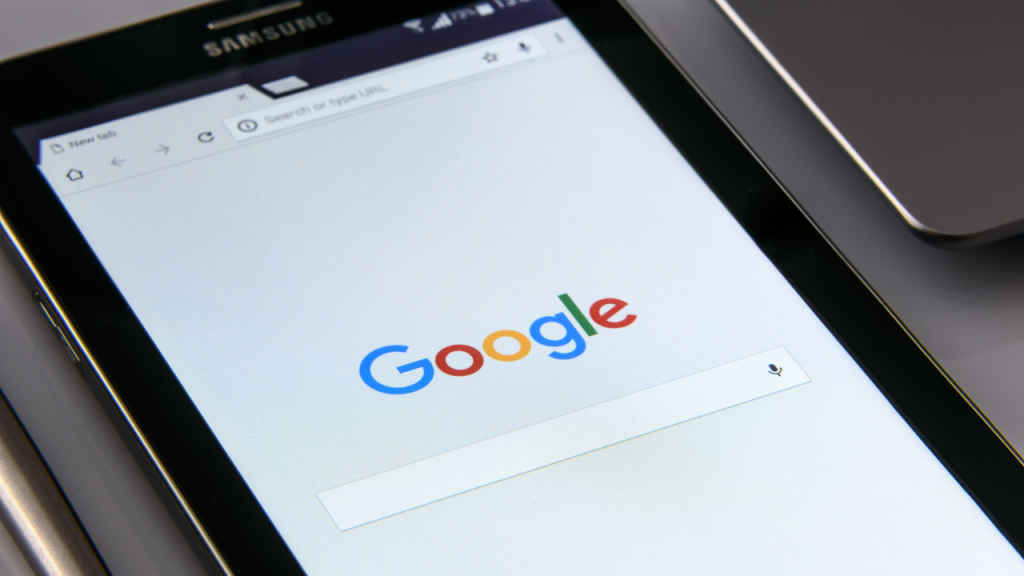Google agrees to delete billions of browsing data records: Here’s why
Google has agreed to delete billions of browsing data records to settle a lawsuit.
This lawsuit alleged that Google had been quietly tracking the internet activities of individuals who believed they were browsing in private.
The class action started in 2020 and involved millions of Google users who used private browsing since June 1, 2016.

Google has agreed to delete billions of browsing data records to settle a lawsuit. This lawsuit alleged that Google had been quietly tracking the internet activities of individuals who believed they were browsing in private.
 Survey
SurveyLet’s delve into the details.
Also read: Google faces $5 billion lawsuit after Chrome incognito mode was discovered collecting user data

The agreement’s terms were submitted on Monday in a federal court in Oakland, California, and need approval from US District Judge Yvonne Gonzalez Rogers, reports Reuters.
The plaintiffs’ lawyers said the deal is worth over $5 billion, possibly up to $7.8 billion. Google isn’t paying any damages, but users may sue the company individually for damages.
Also read: Google sued after Maps directed man to drive off a collapsed bridge

The class action started in 2020 and involved millions of Google users who used private browsing since June 1, 2016. Users claimed that Google’s analytics, cookies, and apps allowed the Alphabet unit to improperly track people who set Google’s Chrome browser to “Incognito” mode and other browsers to “private” browsing mode.
They argued that this turned Google into an “unaccountable trove of information” because it let the company learn about their friends, favourite foods, hobbies, shopping habits, and even the most personal and potentially embarrassing things they search for online.
Under the settlement, Google will update the information it provides about what it collects during “private” browsing, a process it has already started. It will also allow Incognito mode users to block third-party cookies for five years.
“The result is that Google will collect less data from users’ private browsing sessions, and that Google will make less money from the data,” the plaintiffs’ lawyers wrote.
Google spokesman Jose Castaneda stated that the company was glad to resolve the lawsuit, which it always believed lacked merit.
“We never associate data with users when they use Incognito mode,” Castaneda said. “We are happy to delete old technical data that was never associated with an individual and was never used for any form of personalisation.”
David Boies, an attorney representing the plaintiffs, described the settlement as “a historic step in requiring honesty and accountability from dominant technology companies.”
In December, a preliminary agreement was reached, preventing a scheduled trial on February 5, 2024. The terms of the settlement were not disclosed at that time. The plaintiffs’ lawyers intend to later request unspecified legal fees from Google.
Ayushi Jain
Ayushi works as Chief Copy Editor at Digit, covering everything from breaking tech news to in-depth smartphone reviews. Prior to Digit, she was part of the editorial team at IANS. View Full Profile